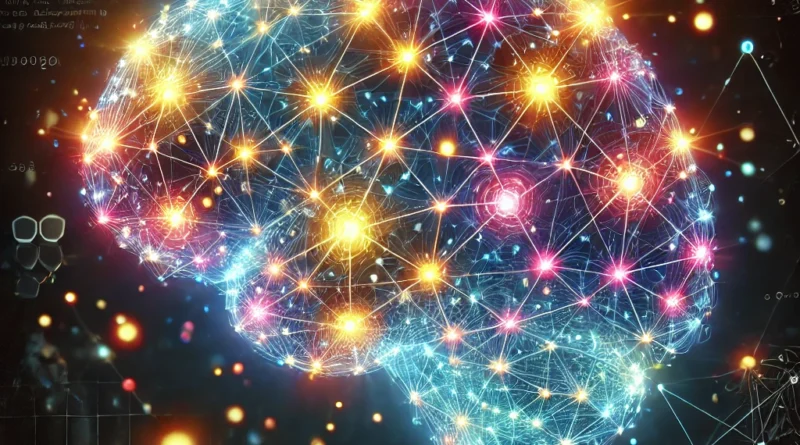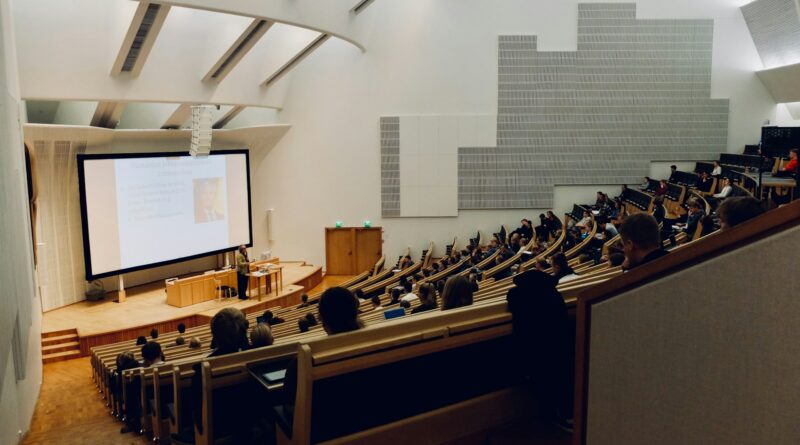Setting the Course and Embracing the Journey: Reflections on Knowledge Mobilization in the Canadian Research Context
Knowledge mobilization (KMb) is the movement of research findings between and within academic and non-academic settings. In a recent SSHRC-funded partner development project, Supporting Transparent and Open Research Engagement and Exchange (STOREE), we constructed a KMb plan as part of our funding application. Our work focused on making research more accessible, relevant to, and useful for non-academic audiences, and supporting scholars to change practices around research sharing. Reflecting on the project, team composition, how we worked together, sub-project processes and outcomes, and individual learnings, we gained insights on making alternative outputs and KMb more broadly.
Read More













